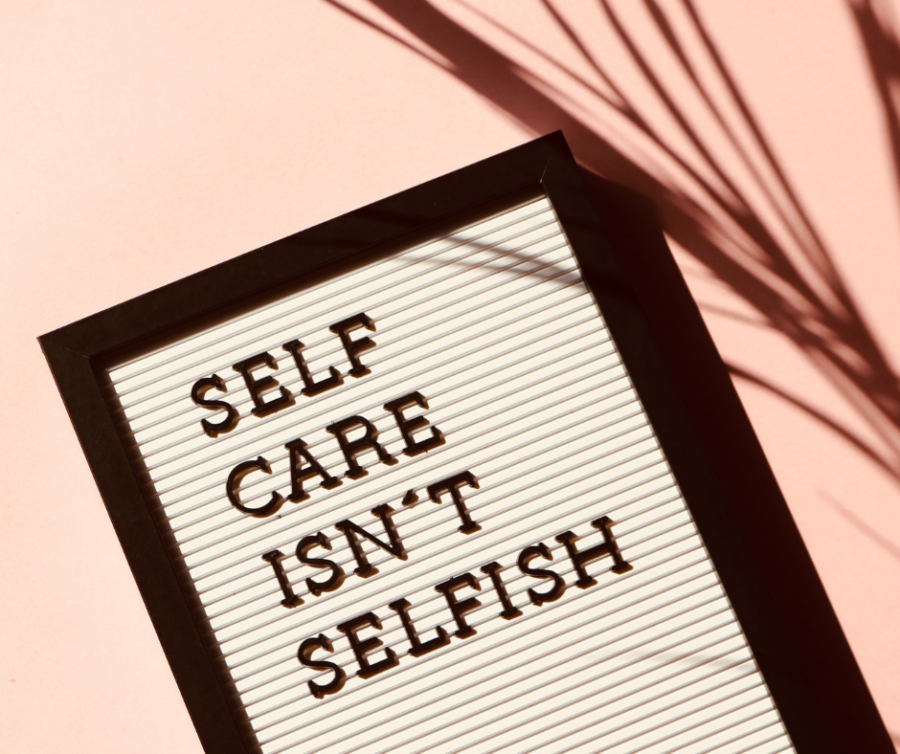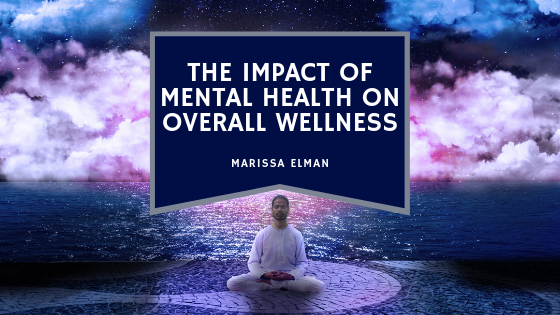Many people want to become stronger and more resilient, but they may lack the knowledge to create that change in their lives. However, there are some real, actionable steps you can take to obtain your objective of developing a more resilient individual. This guide will help you get started.
Adopt a Sense of Purpose
Resilient people are driven by a sense of purpose, so it makes sense for this to be the first step in cultivating that part of your personality. Your sense of purpose can be anything. You don’t have to justify it to anyone else, but it should be meaningful and important to you. Your sense of purpose can focus on bringing about some type of social change, or it can be to change something in your own life.
Boost Your Confidence
Being resilient means using your talents and skills to help you tackle any challenge you may have to confront. This is why developing your abilities is an essential part of the process. It will require hours and hours of practice, but, if you work hard at mastering specific skills, your own self-confidence will also be strengthened. When you need to use those skills to overcome an obstacle, your confidence in your abilities will help you succeed.
Surround Yourself With Social Support
You’ll also need support from friends and family, so find people you can trust and add them to your social circle. You should distance yourself from those people in your life who seem to always have something negative to say. Even if they’re acting out of concern for you, consistent negativity will adversely impact your inner resilience.
Use Goal Setting to Attack Problems
When life does throw an obstacle at you, don’t let yourself fall into a panic. Instead, set small actionable goals that will help you work towards resolving the challenge. These goals should work together as a series of steps with each preceding goal making it easier for you to reach your next goal. In this way, you’ll resolve the problem with a natural progression of steps.
To be truly resilient, you can’t let yourself fall into a stagnant rut. Instead, you should consistently be learning and developing new skills. Don’t be afraid to challenge yourself to excel in new areas. The more skills you master, the more resilient you’ll become.








